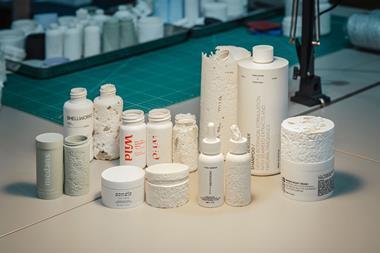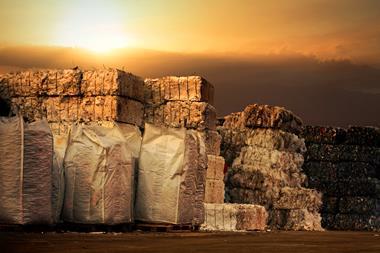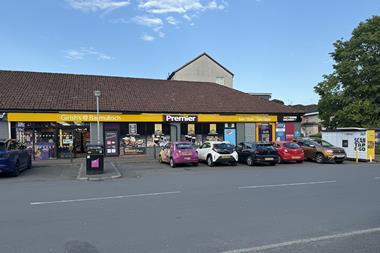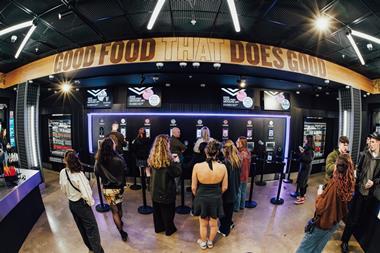My morning ablutions were rudely interrupted, on Monday, by Stuart Rose, announcing on Radio 4 a dramatic new £200m eco-plan. I cut myself shaving as he reeled off some of the 100 exciting initiatives, including plans to go carbon neutral, use recycled plastic bottles to make all its polyester clothing, sell Fairtrade-only cotton T-shirts, power stores using food waste and introduce a new labelling scheme for air-freighted food. At no extra cost to the customer. This was not just an eco-plan, this was an M&S eco-plan, appearing to trump all the previous efforts of Tesco, Sainsbury's, Asda, Co-op et al.
Then, as The Grocer was going to press, news emerged of an even more ambitious plan, by Tesco, costing at least £500m - in addition to the £100m already earmarked by the multiple through its Sustainable Technology Fund in August last year. The sheer scale and breadth of its remit, including carbon footprint labelling of every own-label product it sells, a reduction in energy emissions from new stores by 50% by 2020, and many more (see p28) was designed not just to pee on M&S's ecological fireworks, but, in its timing, appeared also to be designed to take the wind out of the sails of Asda's announcement in early February of commendable efforts to drive through
industry-wide measures to combat global warning.
There's no question: Tesco sees the environment not just as a moral obligation but a competitive advantage, and regrettably, I think that's right. You've got to wonder how realistic it is for Asda and Sainsbury's to share distribution centres. What might the Competition Commission say about such collusion, even if it has the best of intentions? Once again, Tesco has raised the bar. It's in competition to catch up that the planet will ultimately benefit.



















No comments yet